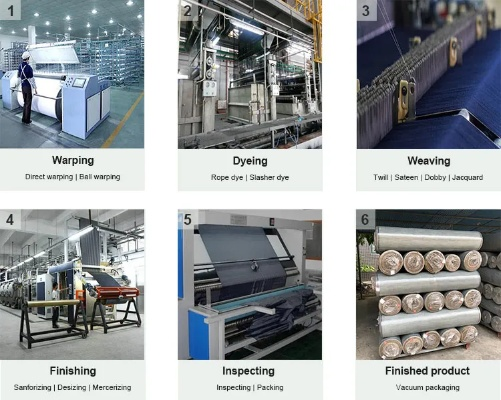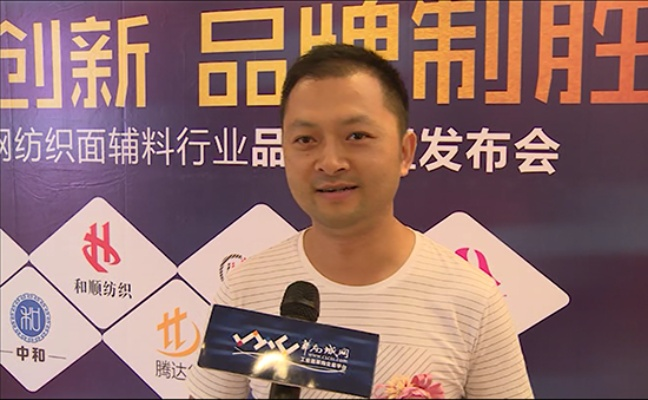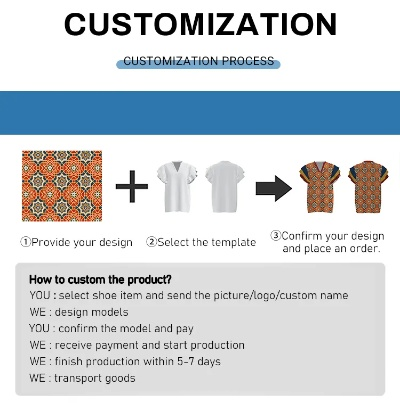EUs Approach to Supporting Textile Industry:A Comprehensive Examination
This article examines the European Union's approach to supporting the textile industry, focusing on its policies and regulations aimed at promoting sustainable development, innovation, and competitiveness in the sector. The EU has implemented several measures to address issues such as environmental protection, labor rights, and consumer protection. These include the implementation of the Renewable Energy Directive, which encourages the use of renewable energy sources in textile production; the adoption of the 2030 Agenda for Sustainable Development, which sets out a roadmap for achieving sustainable development goals by 2030; and the establishment of a framework for the harmonization of rules and standards across the EU. Additionally, the EU has also supported the development of new technologies and processes in the textile industry, such as the promotion of bio-based materials and the adoption of digital transformation strategies. Overall, the EU's approach to supporting the textile industry is comprehensive and multifaceted, with a focus on balancing economic growth with environmental and social considerations.
Introduction: The textile industry is one of the most crucial sectors in the European Union (EU), contributing significantly to employment, exports, and economic growth. The EU has implemented a range of policies and measures aimed at promoting the development and competitiveness of the textile industry. In this article, we will explore the key support measures taken by the EU for its textile sector, including subsidies, research and development, trade policies, and environmental regulations. We will also examine some successful case studies that showcase the impact of these initiatives on the EU's textile industry.
Subsidies and Tax Credits: One of the most significant support measures adopted by the EU is the provision of subsidies and tax credits to encourage investment and innovation in the textile industry. These measures include the European Investment Bank's (EIB) guarantee fund, which provides loans to companies investing in new technologies or expanding their production capacity. Additionally, the EU offers tax incentives such as a reduction in VAT on certain textile products, which helps businesses reduce their costs and increase profitability.
Research and Development: The EU recognizes the importance of research and development in driving innovation and competitiveness in the textile industry. To this end, the EU funds several R&D projects aimed at improving textile production processes, reducing waste, and developing new materials. For instance, the EU's Horizon 2020 research program supports a wide range of projects related to textile innovation, from sustainable fibers to smart fabrics.
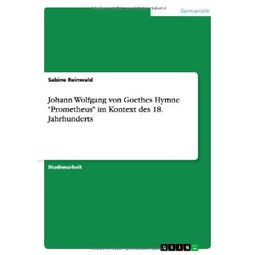
Trade Policies: The EU implements a variety of trade policies to protect its textile industry from foreign competition and maintain high standards of quality and safety. One such policy is the General Agreement on Tariffs and Trade (GATT) agreements, which provide a framework for negotiating tariffs and other trade barriers with other countries. Additionally, the EU imposes import quotas on certain textile products, protecting domestic producers while allowing them to access international markets.
Environmental Regulations: The EU is committed to sustainability and environmental protection, and its textile industry is no exception. The EU's Environmental Action Plan outlines a series of targets and measures to reduce greenhouse gas emissions, improve water quality, and protect biodiversity. For example, the EU's Renewable Energy Directive requires manufacturers to use renewable energy sources in their production processes.
Case Study: One notable success story in the EU's textile industry support measures is the development of eco-friendly textiles by Danish company Bjerke. Bjerke was initially focused on producing traditional textiles, but it soon recognized the potential of sustainable materials and developed innovative solutions using recycled polyester and bamboo fibers. This approach not only reduced waste but also increased consumer demand for ethically produced products. As a result, Bjerke has grown its market share significantly and has become a leading player in the sustainable textile industry.
Conclusion: In conclusion, the EU's approach to supporting the textile industry is comprehensive and multifaceted, encompassing subsidies, research and development, trade policies, and environmental regulations. By providing incentives for investment and innovation, protecting domestic producers, and promoting sustainability, the EU aims to strengthen its textile industry and ensure long-term competitiveness in the global market. The case study provided highlights how successful implementation of these measures can lead to significant growth and positive impacts for the EU's textile industry.
近年来,欧盟在纺织品领域采取了一系列扶持措施,旨在促进纺织行业的可持续发展,提高产品质量和竞争力,本文将详细介绍欧盟的扶持措施及其背后的原因和效果。
欧盟纺织品扶持措施概述
政策背景
随着全球纺织品贸易的快速发展,欧盟意识到纺织品质量与安全的重要性,为了提升纺织品的国际竞争力,促进纺织行业的健康发展,欧盟推出了一系列扶持措施。
主要扶持措施
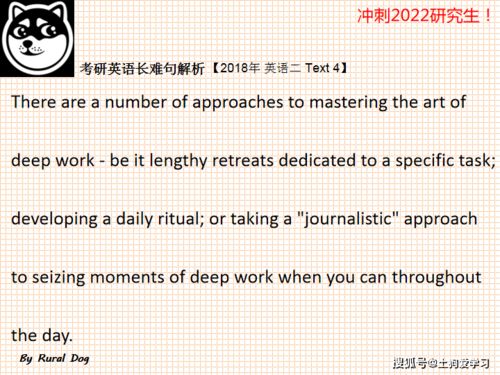
(1)质量标准提升:加强纺织品质量检测标准,提高纺织品的质量和安全水平。 (2)研发创新支持:支持纺织企业进行技术创新和研发,提高产品的附加值和竞争力。 (3)绿色环保政策:鼓励纺织品生产采用环保材料和技术,减少环境污染。 (4)贸易便利化:简化纺织品进口和出口流程,降低贸易成本。
欧盟扶持措施的具体案例分析
法国纺织品的扶持措施
法国作为欧盟的重要成员国之一,在纺织品领域采取了一系列扶持措施,法国政府推出了一系列政策,鼓励纺织企业采用环保材料和技术,提高产品的环保性能,法国政府还加强了对纺织品质量检测标准的监管,确保纺织品的质量和安全水平达到国际标准,法国政府还为纺织企业提供了一系列研发创新支持,帮助企业进行技术创新和研发,提高产品的附加值和竞争力。
意大利纺织品的扶持措施
意大利作为欧洲重要的纺织生产国之一,在纺织品领域也采取了一系列扶持措施,意大利政府推出了一系列政策,鼓励纺织品出口到海外市场,意大利政府还加强了对纺织品贸易流程的监管,简化进口和出口流程,降低贸易成本,意大利政府还为纺织企业提供了一系列绿色环保政策支持,推动纺织品生产采用环保材料和技术。
扶持措施的效果分析
- 提高纺织品质量水平:通过加强质量检测标准、研发创新支持和绿色环保政策等扶持措施的实施,提高了纺织品的整体质量水平。
- 促进纺织行业健康发展:扶持措施的实施有助于促进纺织行业的可持续发展,提高行业的竞争力和创新能力。
- 增强国际竞争力:通过扶持措施的实施,欧盟纺织品在国际市场上更具竞争力,有助于提高欧盟在国际市场上的地位和影响力。
欧盟在纺织品领域采取的一系列扶持措施旨在促进纺织行业的可持续发展,提高产品质量和竞争力,这些扶持措施包括提高质量标准、研发创新支持、绿色环保政策和贸易便利化等方面,通过这些扶持措施的实施,欧盟的纺织品在国际市场上更具竞争力,有助于提高欧盟在国际市场上的地位和影响力,这些扶持措施也有助于推动纺织行业的创新和发展,促进产业的升级和转型。
Articles related to the knowledge points of this article:
Updated Schedule for the Huaiai Textile Market
Exploring the Artisanal Spirit of Yixing,Chinas Quiet Textile Capital

